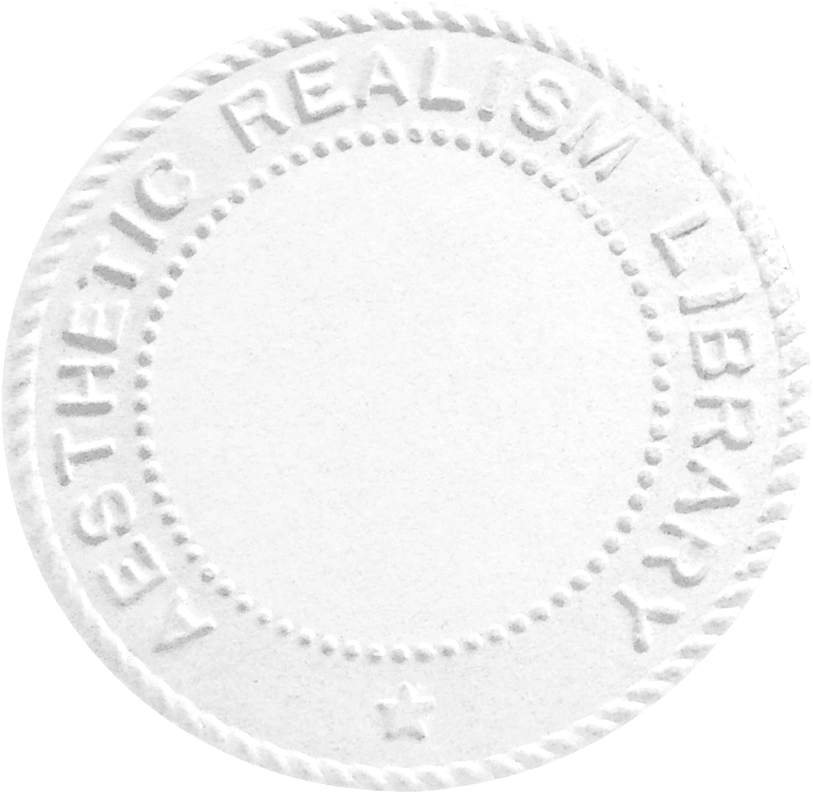Translations by Eli Siegel
The Voice, By Henri de Régnier
I do not wish anyone to be near my sadness—
Not even your dear step and your loved face,
Nor your indolent hand which caresses with a finger
The lazy ribbon and the closed book.
Leave me. Let my door today remain closed;
Do not open my window to the fresh wind of morning;
My heart today is miserable and sullen
And everything seems to me somber and everything seems vain.
My sadness comes from something further than myself;
It is strange to me and is not of me;
And every man, whether he sings or he laughs or he loves,
In his time hears that which speaks low to him,
And something then stirs and awakens,
Is perturbed, spreads and laments in him,
Because of this dull voice which says in his ear
That the flower of life in its fruit is ashes.
From Hail, American Development (Definition Press)
© 1968 by Eli Siegel



Eli Siegel’s note to the poem:
The Voice, By Henri de Régnier. 1967. Henri de Régnier is not usually seen as a poet of piercingness and power. He is usually seen as a poet of urns, old gardens, and Renaissance remnants in late nineteenth-century France. This is unjust, for Régnier has enough of Job in him to be other than a depicter of outward and inward elegance. The distaste for an earlier loved person is in the present poem with musical bitterness and stylistic cuttingness and persistence. The soul, as it will, has objected to what love brought; or, if one wishes, the personality has found something fearful and undesired in the caress of the woman chosen for amorous blessing and value. A late symbolist poet says his "heart today is miserable and sullen." Everything seems "somber" and "everything seems vain." Falsity has been seen in love itself, that is why. When Régnier says that his "sadness comes from something further than myself," he is saying that the nature of the world as a whole, as affecting himself, and within himself too, makes love seem to be a dull, regrettable misleader, not a fulfillment. Régnier is hardly alone in saying this, but the way he says it in these four quatrains is honest enough, composed enough, immediate enough, and everlasting enough.